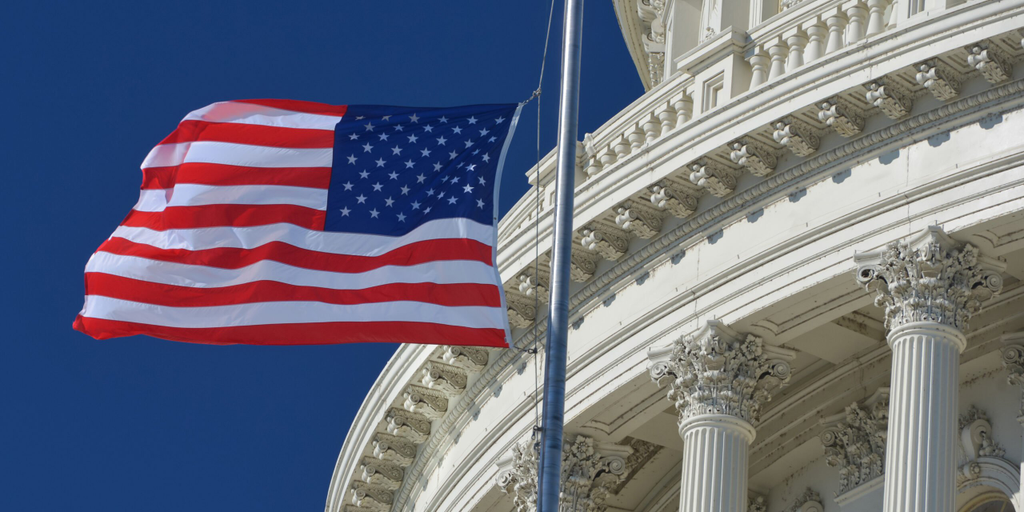
A Republican-led effort to prevent the creation of a U.S. central bank digital currency (CBDC) moved forward on Wednesday, as the CBDC Anti-Surveillance State Act passed out of the US House Financial Services Committee with a 27-22 vote.
Sponsored by Rep. Tom Emmer (R-MN), the bill seeks to prevent the Federal Reserve from issuing a digital dollar, citing concerns over financial surveillance and the transformation of the central bank into a retail banking entity.
The bill also bars the Fed from indirectly deploying a CBDC through intermediaries and explicitly blocks it from using digital currency as a tool for monetary policy.
Emerson spoke in support of the bill during the markup session, telling the Chairman that the government should never be involved in the business of creating tools for financial surveillance.
“Unlike decentralized cryptocurrencies, such as Bitcoin, a CBDC is a digital form of sovereign currency that is issued, monitored, and managed by a central bank,” he said.
“In short, a CBDC is government-controlled programmable money that, if designed without privacy protections of cash, could give the federal government unilateral authority to surveil Americans’ transactions and restrict politically unpopular activity.”
Unlike decentralized cryptos like Bitcoin, a CBDC is a government-issued digital currency running on a state-controlled ledger.
Critics—and Emmer is chief among them—warn that it could open the door to surveillance of how citizens spend their money and programmable features that could prevent individuals from spending their money how they wish.
Fierce opposition to a potential CBDC in the U.S. signals growing momentum among privacy hawks and crypto-friendly lawmakers who view a digital dollar as a Trojan horse for financial control.
“Power-hungry bureaucrats will stop at nothing in their quest to gain control over the very people they’re supposed to be working for,” Emmer said, pointing to concerns China will use its digital yuan to track citizens’ spending and Canada’s 2022 freezing of protester bank accounts.
Emmerson first introduced the leading Republican bill to ban CBDCs in January of 2022. The legislation passed the U.S. House of Representatives in the 118th Congress.
Edited by Sebastian Sinclair
Daily Debrief Newsletter
Start every day with the top news stories right now, plus original features, a podcast, videos and more.
https://decrypt.co/313287/us-house-committee-votes-anti-cbdc-bill








